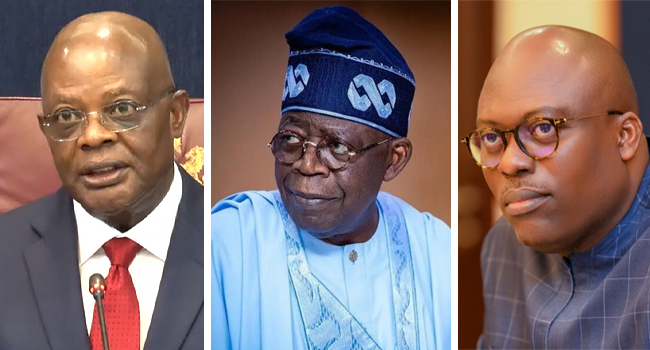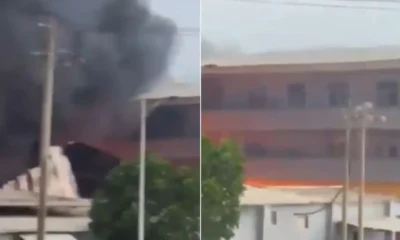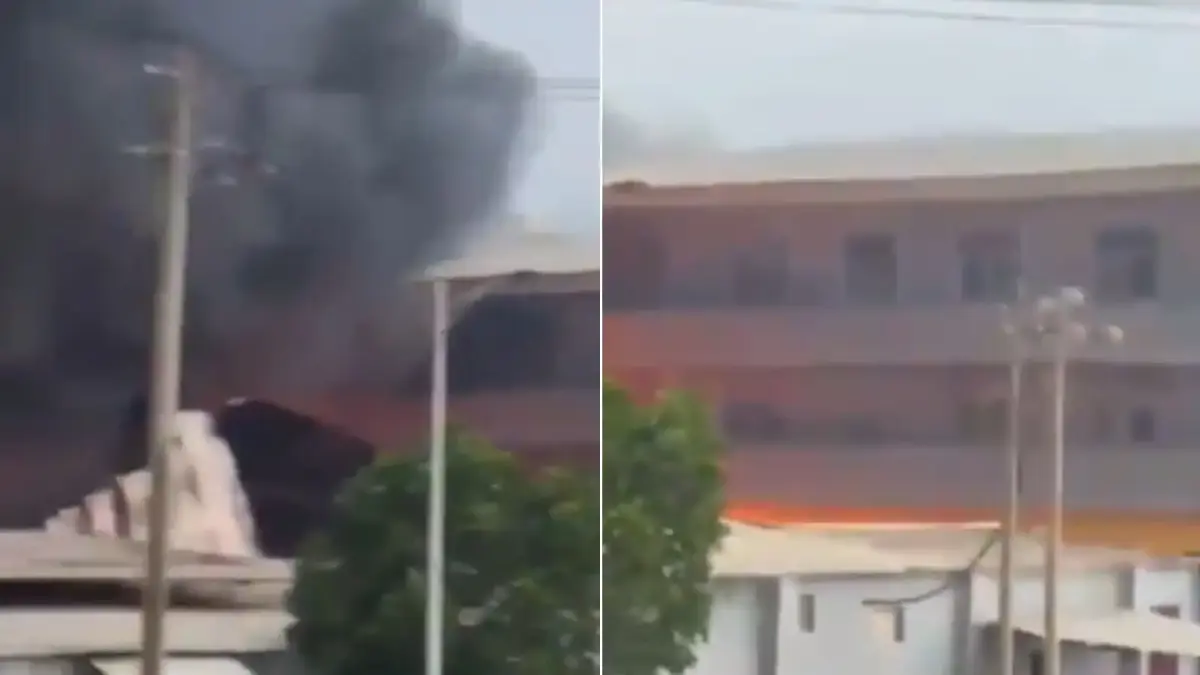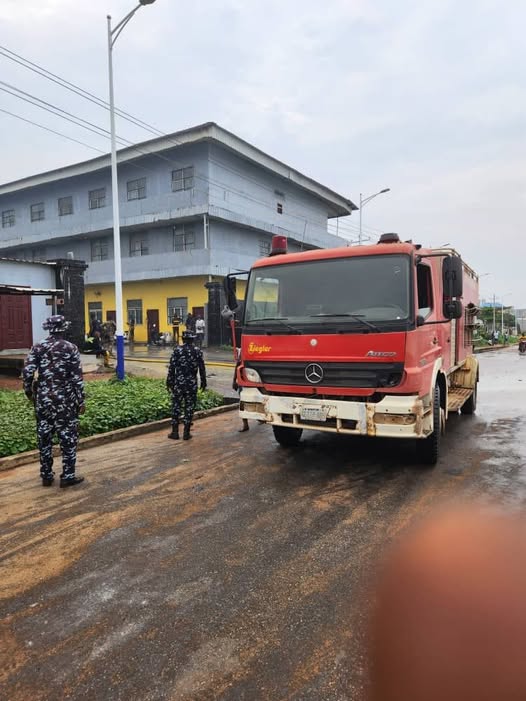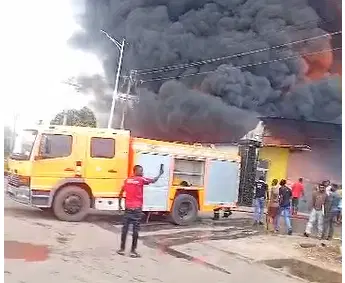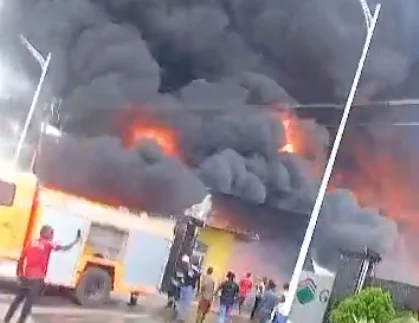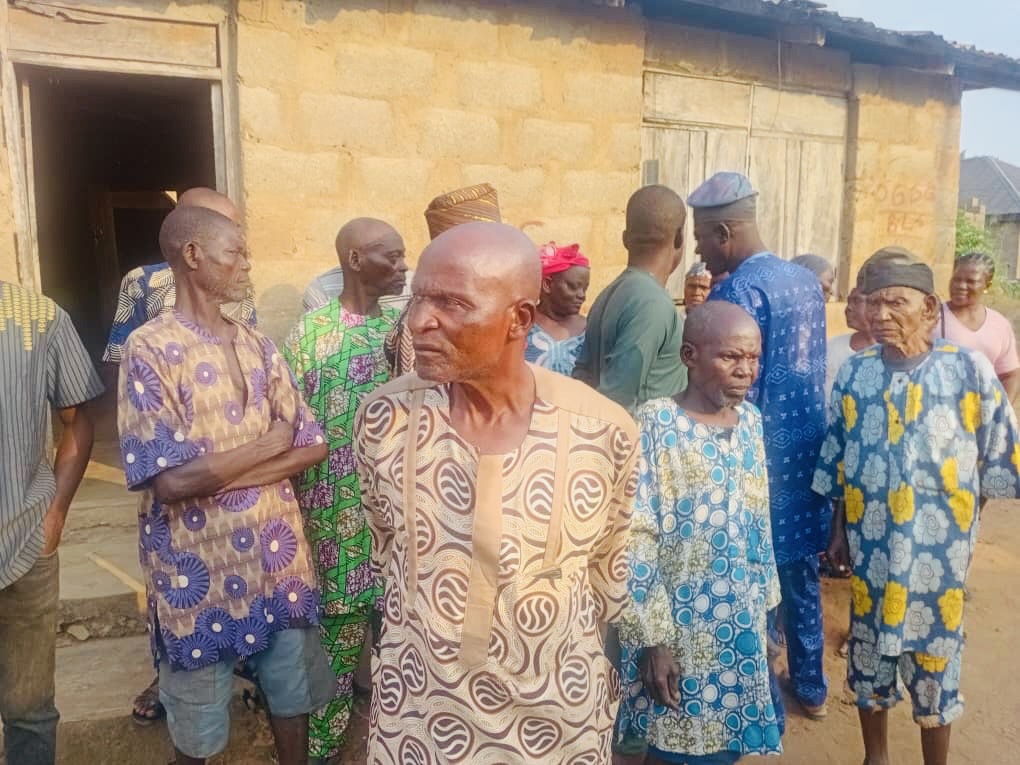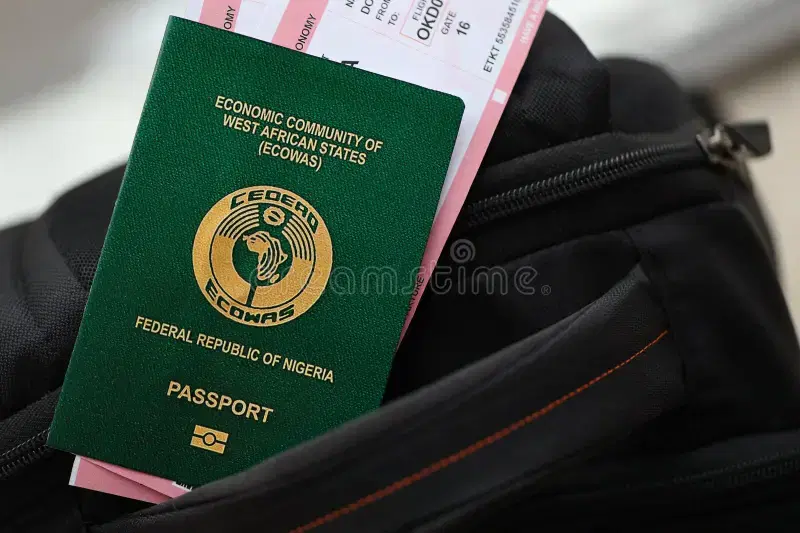President Bola Tinubu and suspended Rivers State Governor, Siminalayi Fubara, will both return to the country on Tuesday (today) ahead of Rivers return to democratic rule on Thursday.
Tinubu is returning to Abuja after cutting short his vacation in France, while Fubara is also due back from London. Their return comes just as the Rivers State Sole Administrator, Vice Admiral Ibok-Ete Ibas (retd.), intensifies preparations to hand over power with a series of transition activities marking the end of the emergency rule in the state.
President Tinubu, who departed Nigeria on September 4 for his annual holiday in France and the United Kingdom, was initially billed to spend 10 working days (ending September 10) abroad but concluded his break ahead of schedule. A statement by his Special Adviser on Information and Strategy, Bayo Onanuga, said the President would resume official duties in Abuja immediately on arrival.
While in Paris, Tinubu held a private luncheon with French President Emmanuel Macron at the Élysée Palace, where both leaders reviewed bilateral ties and agreed to deepen cooperation in key sectors for mutual prosperity and global stability.
In Rivers State, attention is focused on the transition programme that will usher in the return of democratic governance after months of emergency rule. Vice Admiral Ibas, who has served as the state’s administrator during the period, on Sunday kick-started the handover process with a thanksgiving service in Port Harcourt.
As part of the transition events, the state government announced a public lecture scheduled for Tuesday, September 16, at the Banquet Hall of Government House. The lecture, themed ‘Democracy and Good Governance’, will have Ibas as Special Guest of Honour, with invited dignitaries expected to be seated by 9:30 a.m.
Meanwhile, Fubara’s long-awaited return to the country is expected on the same day. An aide to the suspended governor told The PUNCH that though his arrival was initially expected on Monday, “the governor will be back on Tuesday” ahead of his reinstatement slated for Thursday, September 18.
The convergence of Tinubu’s return to Abuja and Fubara’s comeback to Rivers heightens anticipation around the unfolding political transition, with stakeholders watching closely as Ibas prepares to hand back power after steering the state through a turbulent period of emergency rule.
On the evening of March 18, 2025, the President declared a state of emergency in Rivers State.
He cited prolonged political instability, constitutional breaches, and security threats as reasons for the extraordinary measure.
This followed an emergency meeting with security and intelligence chiefs at the Aso Rock Villa earlier that day.
Tinubu also appointed Vice Admiral Ibok-Étè Ibas (retd.) as the sole administrator to oversee the state’s affairs until normalcy is restored. Ibas served as Chief of Naval Staff from 2015 to 2021 under former President Muhammadu Buhari.
The Rivers crisis, he said, paralysed governance in the oil-rich state. It was the high point of a months-long power tussle between Fubara and Wike.
The Rivers political turmoil escalated in December 2023 after Fubara demolished the state’s House of Assembly complex, leading to a prolonged battle over the legitimacy of the legislative arm.
It worsened when 27 lawmakers loyal to Wike defected from the PDP to the APC, prompting legal disputes over their status.
On February 28, 2025, the Supreme Court ruled that the lawmakers remained valid members of the Assembly.
It also faulted Fubara’s actions as being unconstitutional and despotic. The verdict noted that the state had collapsed into one-man rule due to the absence of a functioning legislature.
Despite the ruling, governance remained stalled, with the executive and legislature at loggerheads. As of March 2025, the state’s annual Appropriation Bill had not been passed.
A day before Tinubu imposed emergency rule, an explosion rocked a section of the Trans Niger Pipeline in the Bodo Community of Gonna Local Government Area in Rivers State. The following day, another explosion severed a pipeline manifold in the Omwawriwa axis of Ogba-Egbema-Ndoni Local Government Area of the State. The President expressed concern over vandalism by militants, allegedly acting in support of Fubara.
The incidents occurred amid frantic efforts by the Tinubu administration to increase Nigeria’s lagging crude oil output and curb leaks.
Ahead of the September 18 end of the emergency rule, the Rivers State Government will at 10:00 a.m. Tuesday hold a public lecture as part of the transition to democratic rule. The lecture will hold on at the Banquet Hall, Government House.
Recall that the State Administrator, Vice Admiral Ibok-Ete Ibas (retd.) had on Sunday held a thanksgiving service which kick started the transition programme.
A special Government House announcement issued by the Secretary to the State Government, Dr Ibibia Worika, said Ibas will be the Special Guest of Honour at the public lecture.
The statement read, “The Rivers State Government is pleased to announce that as part of the transition process in the State, a Public Lecture with the theme, ‘Democracy and Good Governance.
“His Excellency, Vice Admiral (retd.) lbok-Ete Ekwe lbas, CFR, Administrator of Rivers State, will be the Special Guest.
“Invited guests are please requested to be seated by 9:30 a.m.”
Meanwhile, the Rivers State High Court sitting in Port Harcourt has struck out a suit filed by a Port Harcourt-based legal practitioner, William Abayomi, against President Tinubu and Ibas over the conduct of the August 30th Local Goverrnment elections in the state.
The suit was also against the Rivers State Independent Electoral Commission, its chairman and the Attorney General of the Federation.
Abayomi had challenged the legality of President Tinubu to appoint an administrator for the state, who in turn nominated the chairman and members of RSIEC to conduct the LG elections.
The presiding judge, Justice Stephen Jumbo, in his ruling on the issue of locus standi of the claimant and jurisdiction of the court, held that the court lacked jurisdiction to entertain the suit.
Justice Jumbo also said, based on the section of the constitution, only the Supreme Court had the exclusive jurisdiction to hear such suits during emergency rule.
He also ruled that the claimant lacked the locus standi to institute the suit against the defendants, saying that he was not able to show personal interest above public interest, as well as prove his civil rights and obligation being violated by the actions of the defendants.
On the conduct of the August 30 elections, Justice Jumbo declared that the conduct of the LG election was constitutional and legitimate, as it was neither conducted by the governor nor the Administrator but the RSIEC, which was the case of the just-concluded council election in the state.
Speaking to newsmen outside the courtroom, counsel to the claimant, Godsent Elewa, said he would consult with his client before exploring the Ground of Appeal.
Elewa stated, “The judge in his wisdom has given judgment. I will communicate with my client to know the next line of action because there is a widow to challenge the ruling.”
On his part, counsel for the PDP, the fifth defendant in the suit, Monday John-Otokkwala, said the judgment of the court represented the position of the law.
John-Otokkwala stated, “The judgment just delivered by my Lord represent the of position of Law with respect to the conduct of the local government elections in Rivers State.
“The judge has said that he (claimant) has no locus standi to have brought. He is not a party who wanted to contest the election and so he has no interest whatsoever to have brought this action.”
FOLLOW US ON:
FACEBOOK
TWITTER
PINTEREST
TIKTOK
YOUTUBE
LINKEDIN
TUMBLR
INSTAGRAM

 News5 hours ago
News5 hours ago
 Politics5 hours ago
Politics5 hours ago
 News5 hours ago
News5 hours ago
 News5 hours ago
News5 hours ago
 News4 hours ago
News4 hours ago
 Politics4 hours ago
Politics4 hours ago
 Crime4 hours ago
Crime4 hours ago
 News3 hours ago
News3 hours ago
